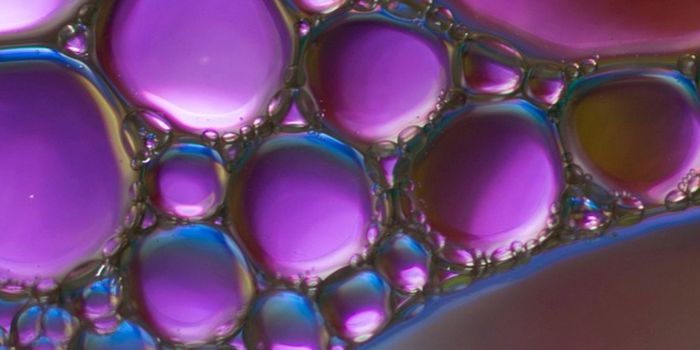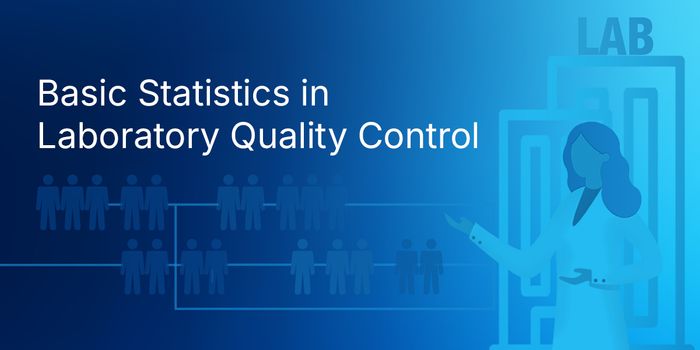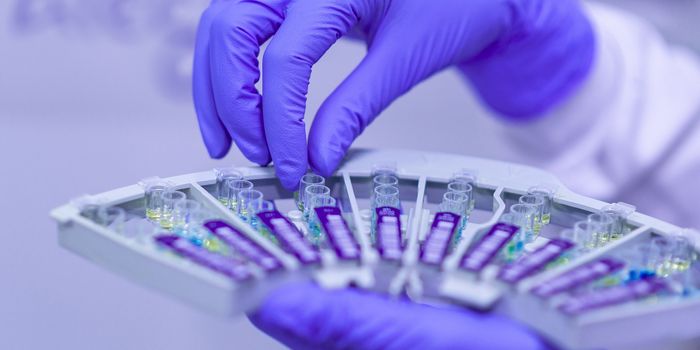Exercise Improves Anticancer Immunity Through Gut Microbes
Exercise is extremely important, especially if we don’t move around much at work. There are plenty of apps and watches that can tell us when to move and be active. Primary care physicians emphasize exercise as a preventive measure against symptoms of aging. We are told that consistent exercise with a healthy diet is crucial for a high quality of life. As a result, we are all trying new diets and exercise routines to improve our health. Interestingly, there are specific regimens for individuals at different stages of life. Even cancer patients are encouraged to maintain as much of an active lifestyle as possible. However, how much does exercise really affect our health in cancer? Couldn’t we just each healthier?
A research group at the University of Pittsburgh discovered that exercise directly alters gut microbes which improve anticancer immunity. The paper published in Cell, by Dr. Marlies Meisel, Catherine Phelps, and others, demonstrated the mechanism that occurs in the gut after exercising. Meisel is an Assistant Professor in the Department of Immunology at the University at Pittsburgh. Catherine Phelps is a talented graduate student in the Meisel Lab and first author on the publication. Meisel’s research focuses on the mechanisms of the microbiota and its effect on systemic immunity. Specifically, she works to understand the role of the microbiome in the context of cancer and autoimmune disorders to improve therapeutic outcomes.
Previous work in the field demonstrated that exercise improves cancer therapy. Additionally, it was known that exercise changes the gut microbiome, which includes various bacteria that is helpful to the body. However, there was a gap missing between these two findings. Meisel and her team set out to understand how these two ideas were linked. Specifically, they wanted to know how exercise changes the gut microbiome to improve cancer immunotherapy. Catherine and other researchers in the Meisel Lab had mice exercise for four weeks in one group and had another group that did not exercise. When they implanted tumors, they found that the mice that exercised had smaller tumors compared to the no-exercise group. However, when researchers conducted the same experiment with mice that were germ-free or treated with antibiotics to eliminate the gut microbiome, they lost the change in tumor growth.
Meisel’s group further investigated the mechanism behind this tumor reduction in mice that exercise. With the use of machine learning, scientists analyzed different cellular pathways from the microbiome of both exercised and no-exercised mice. They found that formate, a bacterial metabolite in the gut microbiome, was increased in mice that exercised and contributed to the reduction in tumor growth. Researchers discovered that the molecule, formate, enhances the activity of antitumor immune cells. As a result, daily formate treatments reduced tumor growth in mice. This treatment also improved a common immunotherapy known as immune checkpoint inhibitors.
To translate these findings to the clinic, Meisel and her lab analyzed patient blood samples that were treated with immune checkpoint inhibitors. They found that patients with high formate in the blood had better progression-free survival compared to patients with low levels. Overall, Meisel’s group discovered this phenomenon driven by formate in the gut microbiome indicating how crucial exercise is to reduce risk of cancer, and limit tumor progression. These findings provide crucial information that will help improve therapy and enhance survival in patients with aggressive solid tumors.
Paper, Cell, Marlies Meisel, University at Pittsburgh, Catherine Phelps








